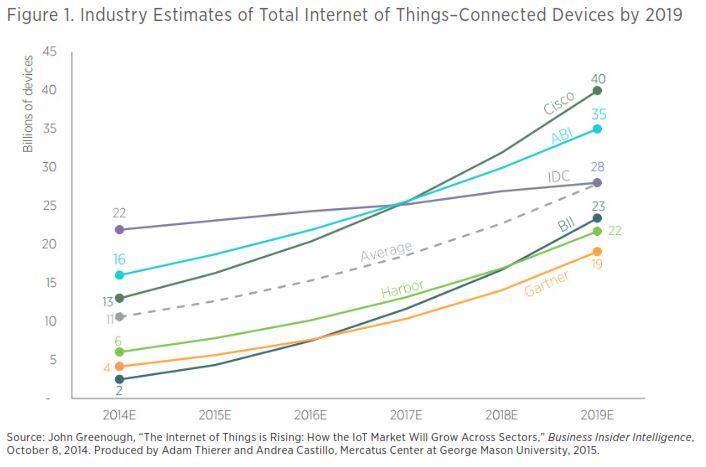“Why hasn’t Europe fostered the kind of innovation that has spawned hugely successful technology companies?” asks James B. Stewart in an important new column for the New York Times (“A Fearless Culture Fuels U.S. Tech Giants“).
That’s a great question, and one that I have tried to answer in a series of recent essays. (See, for example, “Europe’s Choice on Innovation” and “Embracing a Culture of Permissionless Innovation.”) What I have suggested in those essays is that the starkly different outcomes on either side of the Atlantic in terms of recent economic growth and innovation can primarily be explained by cultural attitudes toward risk-taking and failure. “For innovation and growth to blossom, entrepreneurs need a clear green light from policymakers that signals a general acceptance of risk-taking—especially risk-taking that challenges existing business models and traditional ways of doing things,” I have argued. And the most powerful proof of this is to examine the amazing natural experiment that has played out on either side of the Atlantic over the past two decades with the Internet and the digital economy.
For example, an annual Booz & Company report on the world’s most innovative companies revealed that 9 of the top 10 most innovative companies are based in the U.S. and that most of them are involved in computing and digital technology. None of them are based in Europe, however. Another recent survey revealed that the world’s 15 most valuable Internet companies (based on market capitalizations) have a combined market value of nearly $2.5 trillion, but none of them are European while 11 of them are U.S. firms. Again, it is America’s tech innovators that dominate that list.
Many European officials and business leaders are waking up to this grim reality and are wondering how to reverse this situation. In his Times essay, Stewart quotes Danish economist Jacob Kirkegaard of the Peterson Institute for International Economics, who notes that Europeans “all want a Silicon Valley. . . . But none of them can match the scale and focus on the new and truly innovative technologies you have in the United States. Europe and the rest of the world are playing catch-up, to the great frustration of policy makers there.”
OK, but why is that? Continue reading →


 The Technology Liberation Front is the tech policy blog dedicated to keeping politicians' hands off the 'net and everything else related to technology.
The Technology Liberation Front is the tech policy blog dedicated to keeping politicians' hands off the 'net and everything else related to technology.